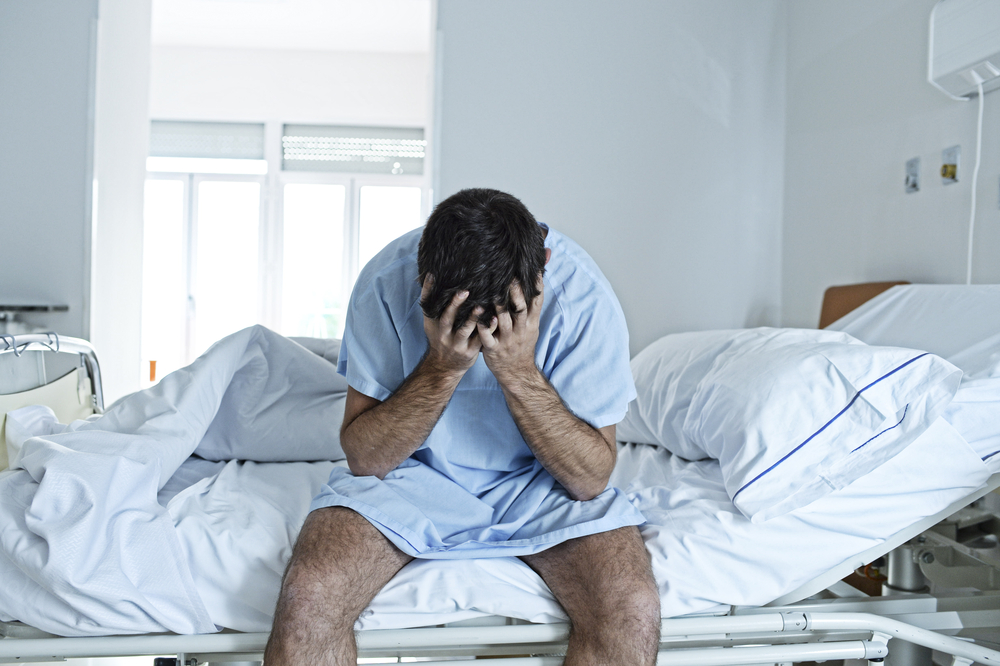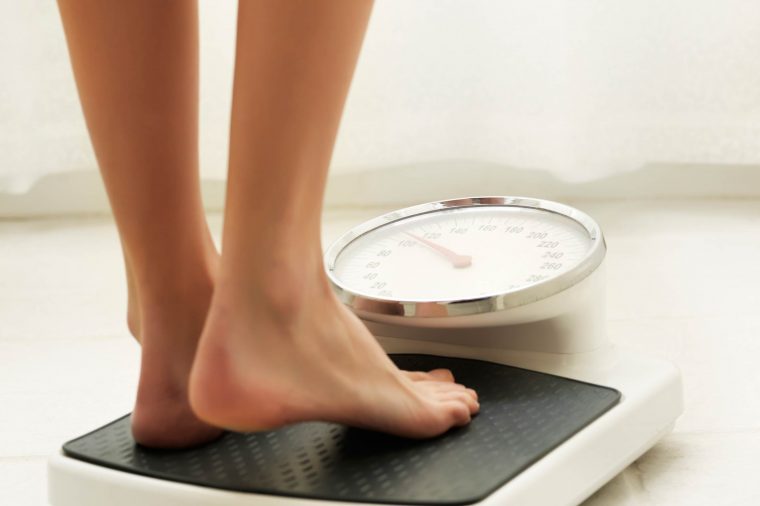
Premenstrual syndrome (PMS)
Premenstrual syndrome (PMS) is a condition that occurs only in menstruating women and is manifested by a wide range of symptoms such as mood swings, tender breasts, insomnia, headache, acne, increased hunger, fatigue, irritability, depression and anxiety.
According to a recent study that looked at women between the ages of 27 and 44 and their PMS symptoms, controlling the levels of vitamin D at the same time, this type of vitamin plays an important role in the intensity of symptoms. To be more specific, this study has shown that women who suffer from vitamin D deficiency are more likely to develop severe symptoms of PMS than those with high levels of Vitamin D.
If you experience severe symptoms of PMS and they are actually affecting your quality of life, you should definitely talk to your doctor and schedule a consultation as soon as possible.
Speaking of PMS symptoms, here are 8 Sneaky Reasons You’re Always in a Bad Mood and 5 Simple Remedies for Occasional Bloating.

Inflammatory bowel disease
Inflammatory bowel disease (IBD), such as ulcerative colitis and Crohn’s disease, can be described as a chronic inflammation of your digestive tract. In general, gastrointestinal diseases affect your body’s response to different nutrients, including vitamin D.
So, people who suffer from IBD and usually take corticosteroids are more likely to develop vitamin D deficiency as well. As we previously mentioned, corticosteroids are linked to low levels of vitamin D.
According to health experts, this type of deficiency can increase the risk of gastrointestinal diseases or make existing symptoms worse. The most common symptoms of inflammatory bowel disease include diarrhea, fever, fatigue, abdominal pain, blood in your feces, loss of appetite and weight loss.
Just like any other disease, the symptoms can vary from individual to individual, as well as in intensity, namely that some can experience mild symptoms, while in other people’s cases, they may be severe.
You might also like: 8 Reasons Why Your Stomachache Is a Major Concern, Avoid These Foods When Your Stomach Hurts! and 7 Scary Things Your Upset Stomach Is Trying to Tell You.

























